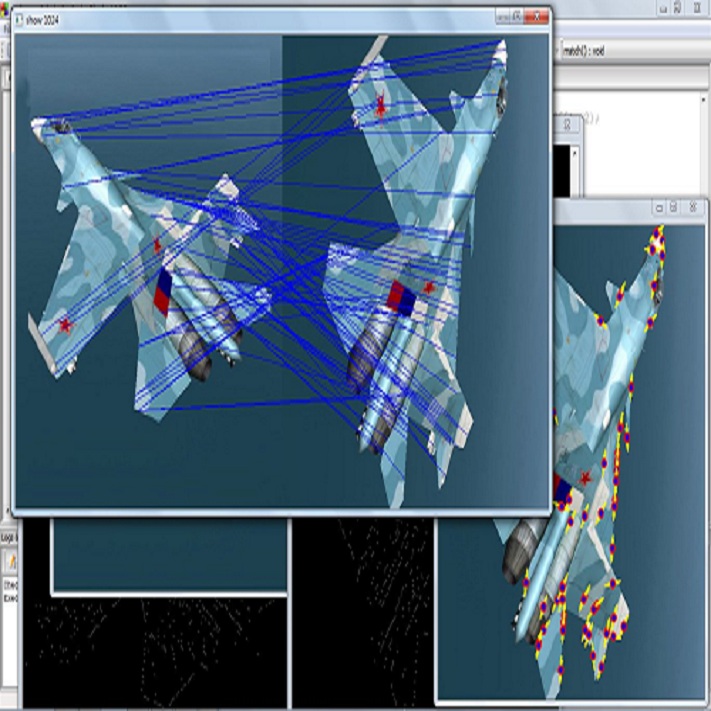Registration of pre-operative and follow-up brain MRI scans is challenging due to the large variation of tissue appearance and missing correspondences in tumour recurrence regions caused by tumour mass effect. Although recent deep learning-based deformable registration methods have achieved remarkable success in various medical applications, most of them are not capable of registering images with pathologies. In this paper, we propose a 3-step registration pipeline for pre-operative and follow-up brain MRI scans that consists of 1) a multi-level affine registration, 2) a conditional deep Laplacian pyramid image registration network (cLapIRN) with forward-backward consistency constraint, and 3) a non-linear instance optimization method. We apply the method to the Brain Tumor Sequence Registration (BraTS-Reg) Challenge. Our method achieves accurate and robust registration of brain MRI scans with pathologies, which achieves a median absolute error of 1.64 mm and 88% of successful registration rate in the validation set of BraTS-Reg challenge.
翻译:由于肿瘤大规模效应造成的肿瘤复发地区组织外观和来往信件的差别很大,因此对预先操作和后续大脑MRI扫描的登记具有挑战性。虽然最近深层次的基于学习的畸形登记方法在各种医疗应用中取得了显著成功,但其中大多数无法用病理来登记图像。在本文中,我们建议为预先操作和后续大脑MRI扫描建立一个三步登记管道,其中包括:(1) 多级近距离登记;(2) 有条件的深拉普拉西亚金字塔图象登记网(cLapIRN),具有前向后一致性限制;(3) 非线性实例优化方法。我们将这种方法应用于脑肿瘤序列登记(BRATS-Reg)挑战。我们的方法实现了脑部MRI扫描与病理的准确和有力的登记,在BRATS-Reg挑战中,中位绝对误差为1.64毫米,成功登记率88%。





